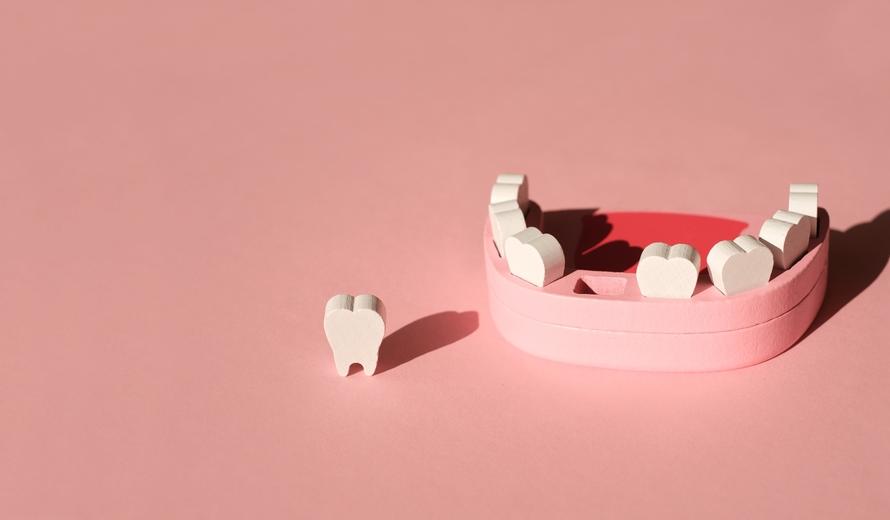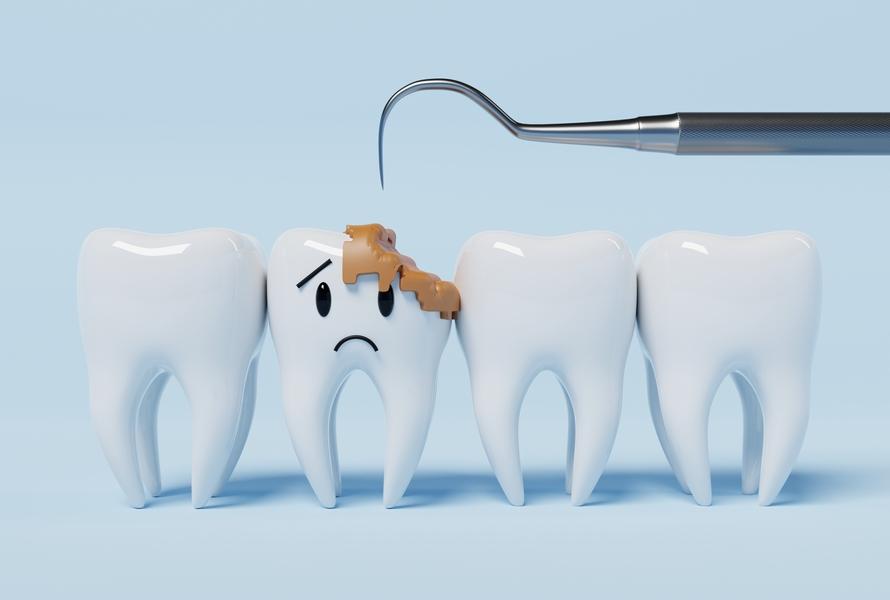Children with Attention-Deficit/Hyperactivity Disorder (ADHD) often face challenges in maintaining focus and managing behavior. While much attention is given to neurological and behavioral treatments, a less obvious factor—oral health—can also play a powerful role in improving focus and overall well-being in these children. Emerging research suggests that untreated dental issues may exacerbate difficulties with concentration, behavior, and even academic performance, particularly for children with ADHD. Understanding the connection between kids’ oral health and their ability to thrive can help parents, educators, and healthcare providers address these challenges holistically.
ADHD and Oral Health: Understanding the Connection
ADHD affects millions of children worldwide, manifesting as difficulty focusing, hyperactivity, and impulsivity. These symptoms can be aggravated by physical discomfort or untreated medical conditions, including poor oral health. Oral health is frequently overlooked in discussions about ADHD management, but studies highlight a connection between dental issues and behavioral challenges in children.
Higher Risk of Dental Problems in Children with ADHD
Children with ADHD are at greater risk for oral health problems due to several factors:
- Behavioral Challenges: Hyperactivity and impulsivity may lead to difficulty maintaining regular kids oral hygiene routines.
- Medication Side Effects: Many ADHD medications reduce saliva production, increasing the risk of dry mouth, cavities, and gum disease.
- Dietary Habits: A preference for sugary foods and drinks, often seen in children with ADHD, further contributes to the likelihood of tooth decay.
Neglected dental issues, like cavities or gum infections, can cause chronic discomfort, potentially intensifying irritability and difficulty concentrating.
The Impact of Oral Health on Concentration and Behavior
It is no surprise that untreated dental problems can have significant effects on children’s behavior, including those with ADHD. Chronic tooth pain, for instance, may cause heightened stress and anxiety, making it harder for children to focus in school or follow instructions. Poor oral health is also associated with sleep disturbances, which can further impair a child’s ability to concentrate.
Oral Health vs. Concentration and Behavior
- Dental Pain and Focus: Studies indicate that children experiencing dental pain are more likely to have trouble paying attention in class. This is particularly concerning for children with ADHD, who already struggle with focus and attention regulation.
- Oral Health and Behavior Problems: Poor oral health has been associated with an increase in behavioral issues, such as irritability and aggression, as children struggle to cope with chronic discomfort.
- Systemic Health Connections: Oral health problems can lead to systemic inflammation, which some researchers suggest may impact brain function and behavior.
These findings underscore the importance of prioritizing kids oral care, not only to prevent physical discomfort but also to support emotional and cognitive development.
Benefits of Improved Oral Health for Kids with ADHD
For children with ADHD, maintaining good oral hygiene can yield benefits beyond a healthy smile. When oral health is prioritized, children may experience:
- Improved Concentration: Pain-free mouths allow children to focus better in school and during daily activities.
- Better Sleep Quality: Addressing dental issues can reduce sleep disruptions caused by discomfort, leading to better mood and attention spans.
- Reduced Stress and Anxiety: Relief from chronic dental pain helps lower overall stress levels, improving behavior and emotional well-being.
A focus on oral health care can thus complement other ADHD management strategies, such as behavioral therapy and medication.
Tips for Supporting Oral Health in Children with ADHD
Given the unique challenges faced by children with ADHD, tailored strategies are essential for promoting effective oral care. Here are some insightful tips for parents and caregivers:
Create a Routine
Creating a consistent daily routine can aid children with ADHD in developing habits for oral care. Use visual aids, reminders, or alarms to signal brushing and flossing times.
Choose the Right Tools
Invest in child-friendly toothbrushes and toothpaste. Electric toothbrushes with timers can be especially helpful, as they reduce the effort needed and ensure adequate brushing time.
Schedule Regular Dental Visits
Regular visits to a children’s dentist help in early detection and treatment of dental issues. Pediatric dentists are trained to work with children, including those with special needs, making the experience less stressful.
Address Diet Choices
Promote a balanced diet while minimizing the consumption of sugary snacks and beverages. Offering alternatives, such as fresh fruits or cheese, can support both dental and overall health.
Monitor Medication Side Effects
If your child is taking ADHD medication, consult their doctor and dentist about managing dry mouth. Drinking plenty of water and using fluoride mouthwash can help combat this side effect.
The Role of the Children’s Dentist in ADHD Management
A children’s dentist plays a significant role in the overall care of kids with ADHD. These specialized professionals understand the behavioral challenges that may arise during dental visits and work to create a calming, supportive environment. By developing a partnership with a pediatric dentist, parents can ensure their child receives preventive care, reducing the likelihood of painful dental issues.
The link between oral health and ADHD is a growing area of interest, shedding light on how untreated dental problems can affect focus, behavior, and quality of life in children with ADHD. By prioritizing kids oral health through regular care, proper hygiene routines, and professional support, parents and caregivers can provide their children with a better foundation for success both academically and socially. Oral health care is more than a necessity—it’s a critical component of holistic ADHD management, offering children the chance to thrive in every aspect of their lives.
Highlighting the necessity of a comprehensive approach, including regular visits to a trusted children’s dentist, ensures that every factor—big or small—is addressed in supporting the well-being of children with ADHD.


